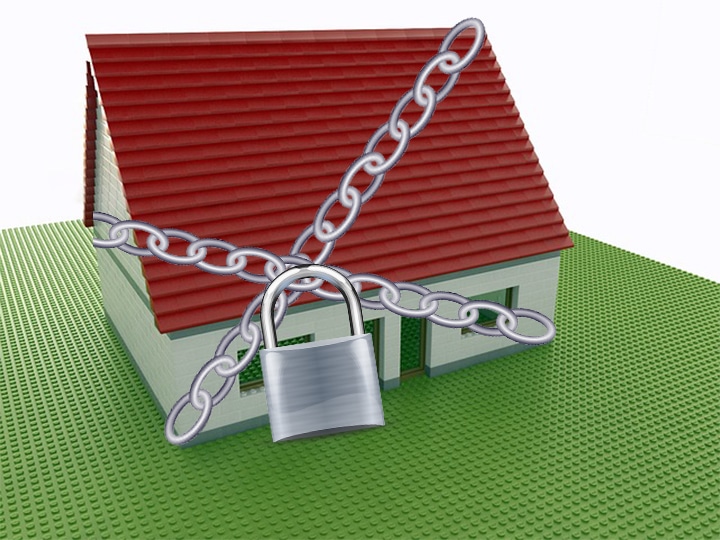

Updated on August 19, 2021
Liens and levies are two different ways a creditor can collect on an outstanding debt against a debtor. However, they are used in different ways.
A lien is a legal claim on property that is used as security or collateral for the payment of a debt owed by the property owner. If the property with the lien is sold, the proceeds of the sale must be applied towards the remaining balance of the debt. A deed of trust is a common form of a lien on real property. For example, when a borrower obtains a mortgage to purchase a home, the lender will place a deed of trust on the borrower’s home as collateral for repayment of the debt. A tax lien is another example of a lien. When a taxpayer owes the IRS taxes, the IRS can attach a tax lien to the taxpayer’s home. In both of these examples, if the house is sold, the lienholders will be able to receive their outstanding debt from the proceeds of the sale. In some cases, the creditor can also use that lien as a way to sell the property to collect on the debt.
A levy grants the creditor the right to take property subject to the levy and sell that property. In comparison to a lien, a levy is a more aggressive debt collection method as the creditor already has the right to take and sell the property subject to the levy. A levy may be placed on real property or tangible and intangible personal property. Depending on the situation it can, on occasion be cheaper, easier, and quicker to levy personal property, and in particular intangible personal property. Examples include bank accounts, wages, accounts receivable, etc. After that, the creditor should try to levy tangible personal property, such as vehicles, safety deposit boxes, and equipment and inventory. Levying on real property is often quite effective but it can be slow and costly to ultimately foreclose on a debt through a real property levy.
At Schorr Law, our real estate attorneys have extensive experience dealing with liens and levys as they are a common part of most real property cases. Moreover, we have experience with debt collection that often involves a levy. For help with your real estate or collection matter, please dod not hesitate to contact us today for a free consultation.
See related: Liens and Priorities: Part 1